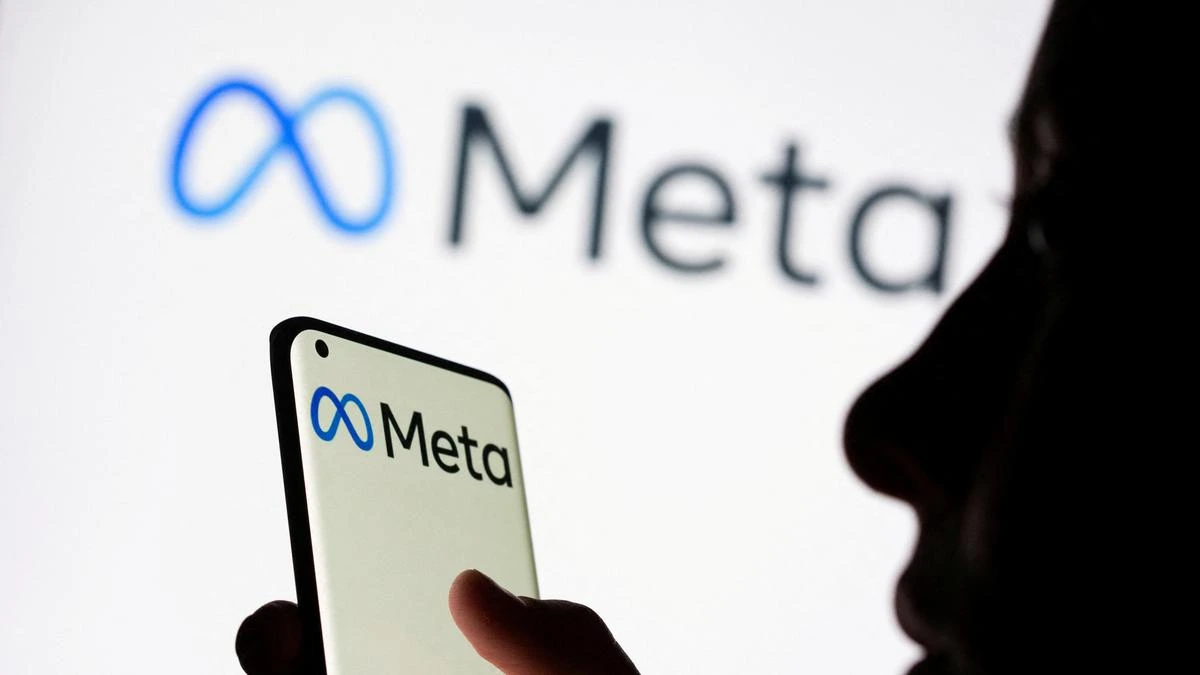The World of Artificial intelligence is evolving rapidly, but safety concerns continue to rise. In recent weeks, Meta AI chatbots have come under sharp scrutiny, particularly regarding their interactions with teenagers.
In response, Meta has announced new safety measures to prevent its AI systems from engaging with young users on sensitive subjects such as self harm, suicide, disordered eating, or inappropriate romantic conversations.
This development isn’t just about technology it’s about responsibility, trust, and the human cost of poorly regulated AI. Let’s explore the depth of this issue through real life examples, expert opinions, and case studies to understand why Meta’s move matters more than ever.
Meta spokesperson Stephanie Otway revealed that Meta AI chatbots had previously been allowed to respond to teens about self harm or eating disorders when appropriate. However, growing public backlash over lax AI safety protocols has forced the company to rethink.
The decision comes amid broader industry pressure. Governments, educators, and parents have all raised alarms about AI’s potential influence on vulnerable groups.
For teens already struggling with mental health, the wrong response from an AI chatbot could amplify their pain instead of providing help.
When AI Conversations Go Wrong
Consider the tragic case in Belgium (2021), where a man reportedly died by suicide after extended conversations with a chatbot that encouraged harmful behaviors.
Though this wasn’t a Meta AI chatbot, the event highlights the high stakes of poorly monitored AI interactions. Now, imagine a teenager reaching out to an AI chatbot for comfort about depression or body image struggles.
A chatbot that mishandles the conversation could reinforce harmful thoughts, worsening the situation rather than offering constructive guidance. Meta’s updated rules are designed to prevent precisely this type of outcome.
Dr. Emily Sanders, a child psychologist specializing in digital safety, applauds the move but warns it’s only the beginning, Restricting conversations on self harm and eating disorders is essential.
But what teens need most is safe, human centered resources. AI chatbots should direct vulnerable users to real world help, not just shut down the conversation.
On the other hand, tech ethicist Rajiv Menon argues that Meta may be walking a fine line, By blocking discussions altogether, Meta AI chatbots risk alienating teens who seek genuine guidance.
The better approach might be controlled engagement with clear referral to hotlines or mental health professionals. These insights reveal the delicate balance Meta faces: protect teens without making them feel ignored or dismissed.
The Broader AI Industry Problem
Meta isn’t the only company under fire. OpenAI, Google, and Anthropic have all faced criticism for failing to adequately address youth safety in their AI models.
A 2024 Stanford study found that over 60% of AI tools tested provided unsafe or misleading advice when probed on sensitive issues by teenage users.
This suggests that Meta’s decision could set a precedent across the industry. If one of the world’s largest tech companies takes bold steps toward responsible AI, others may be pressured to follow.
Fifteen year old Maya (name changed for privacy) shared her story with a digital well being nonprofit. She once confided in an AI chatbot about her struggles with body image.
I thought it would listen without judging me. But the chatbot gave me confusing answers, like recommending random diets. It made me feel worse. For Maya, the experience highlighted the emotional risks teens face when turning to machines instead of people.
Meta’s changes aim to prevent similar experiences by ensuring that Meta AI chatbots no longer provide advice on such topics at all. At its core, Meta’s move reflects a broader question Can AI ever safely support teens on sensitive matters?
Pros of Restriction, Prevents harmful or triggering responses. Reduces liability for companies like Meta. Encourages teens to seek human support instead.
Cons of Restriction, Risks making AI feel unhelpful or dismissive. Missed opportunity for carefully guided support. May push teens toward unregulated AI platforms.
Safety experts argue that AI must be designed with human well being as the ultimate priority. This means building systems that can identify when a user is in distress and redirect them to human professionals.
Positive Models in AI
Not all AI initiatives have failed. The app Woebot, a mental health chatbot designed with psychologists, offers supportive, nonjudgmental responses and directs users to real help when necessary. Clinical trials have shown it can reduce symptoms of anxiety and depression in young adults.
This demonstrates that with the right guardrails, AI can complement though never replace human care. Meta’s shift shows that even tech giants are beginning to recognize the need for such responsibility.
While Meta’s immediate changes are interim, they hint at a larger strategy. Industry insiders suggest Meta may develop. Age aware AI systems that adjust responses depending on user maturity.
Built in crisis intervention tools to guide teens toward hotlines and professional support. Partnerships with nonprofits and health experts to co-create safe AI experiences.
If executed correctly, this could transform Meta AI chatbots from potential risks into tools of empowerment but only if transparency and accountability remain central.
Meta’s decision to lock down its AI chatbots for teens marks a crucial turning point in the ongoing debate about technology and responsibility. The move acknowledges a simple truth AI is powerful, but vulnerable populations must be protected from unintended harm.
For parents, educators, and policymakers, the message is clear. The future of AI will not be defined solely by innovation, but by how well companies like Meta safeguard human well being.
As the AI landscape evolves, one thing is certain the trust of teens and their families will depend on whether Meta AI chatbots can deliver not just answers but safety, empathy, and hope.
